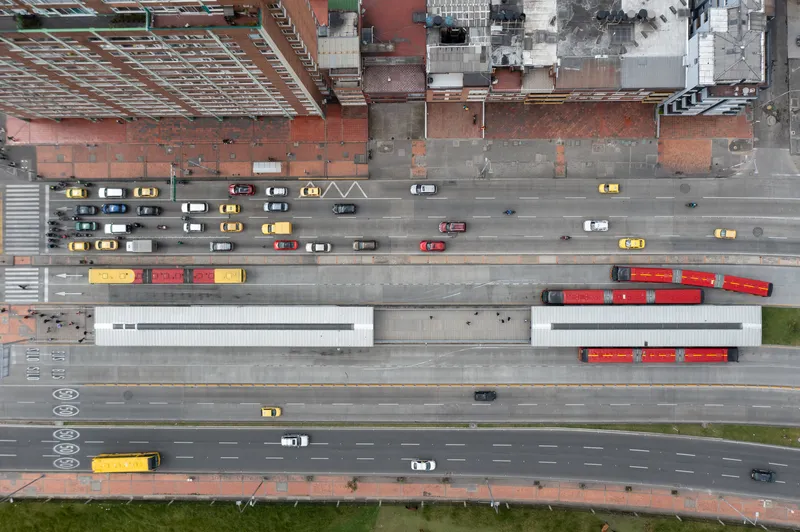
The cities of Seoul, South Korea, and Bogotá, Colombia, have agreed to share knowledge on integrated, connected public transportation systems.
Bogotá’s current bus rapid transit system is the city’s primary method of transportation, but it plans to expand methods moving forward, with 'next-generation' projects including elevated trains and light rail.
Seoul Metropolitan Government (SMG) has signed a memorandum of understanding to consult on an integrated transportation system and says it "intends to actively share its roughly 20 years of policy experience, including the city’s integrated fares and free transfer system".
Bus, rail and even cable car options are expected to be part of Bogotá’s discussions.
SMG says it is "actively pursuing building an international cooperation network focused on transportation policy".
Seoul is the chair of the International Association of Public Transport Asia-Pacific Organising Authorities Platform (UITP AP OAP) and is on the UITP policy board.









